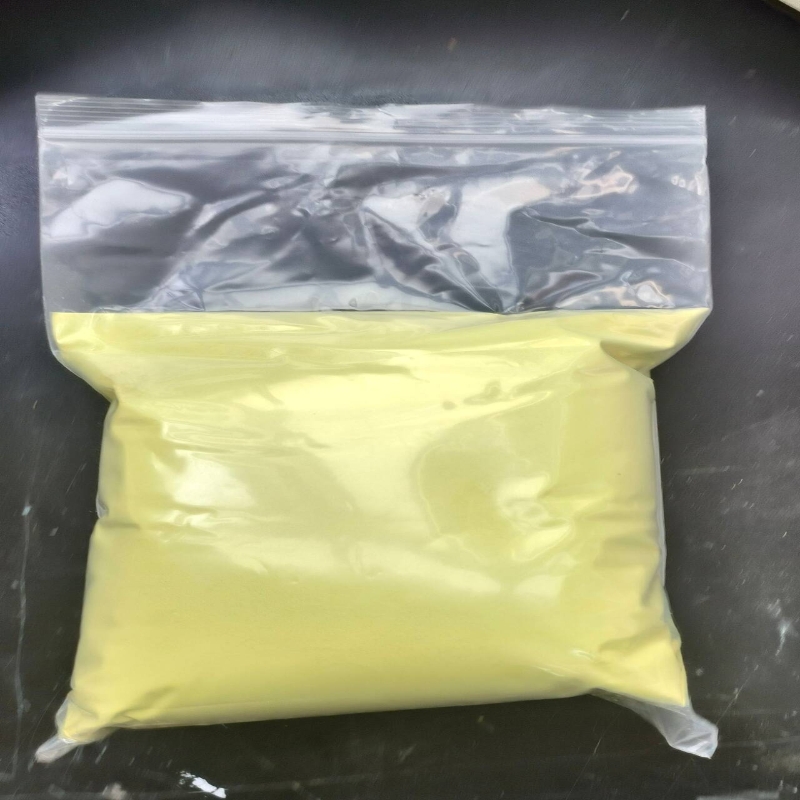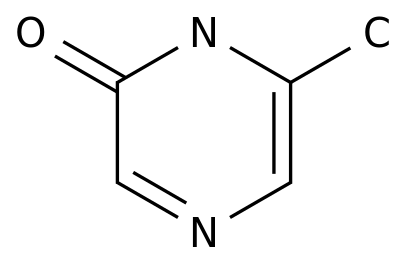-
Categories
-
Pharmaceutical Intermediates
-
Active Pharmaceutical Ingredients
-
Food Additives
- Industrial Coatings
- Agrochemicals
- Dyes and Pigments
- Surfactant
- Flavors and Fragrances
- Chemical Reagents
- Catalyst and Auxiliary
- Natural Products
- Inorganic Chemistry
-
Organic Chemistry
-
Biochemical Engineering
- Analytical Chemistry
- Cosmetic Ingredient
-
Pharmaceutical Intermediates
Promotion
ECHEMI Mall
Wholesale
Weekly Price
Exhibition
News
-
Trade Service
South Korean biopharmaceutical company Samsung Bioepis presented the first one-year results of a phase 3 study of the biosynthesis drug SB11 for the treatment of vascular age-related macular degeneration (nAMD) at the American 2020 online meeting of the American Association 2020 on November 13-15.
SB11 is a Reniju monobial-like drug currently under review by the European Medicines Agency (EMA) for the Roche/Novarma eye brand biologics Lucentis (ranibizumab, Reniju monoanti). A randomized, double-blind, multi-center study, published at the
Conference, is evaluating the efficacy, safety, pharmacogenics and immunogenicity of SB11 and Reniju monoantigen in neAMD patients, with a total of 705 patients randomly (1:1) assigned to receive SB11 or Reniju monoantigen monthly injection (0.5mg) treatment, with a total of 634 patients receiving treatment for up to 52 weeks.
study, changes in optimal corrective vision (BCVA), macular retina thickness (CST) and other parameters relative to the baseline were measured.
main endpoints include changes in week 8 BCVA and week 4 CST.
the main endpoints are analyzed using the CoAVA method (ANCOVA), if the two treatment groups at week 8 have a 90% confidence interval (CI) on both sides of the average change difference between the BCVA relative to the baseline minimum square (LS) in a predefined ± SB11 is considered equivalent to Reni Pearl monoantigen in the predefined range of ±36 m in the three-letter range and at week 4 of the CST opposite baseline LS average variation of 95% CI.
end points include long-term efficacy, safety, pharmacogenics, immunogenicity.
the 24-week interim results of the study were published in May this year, according to the study nAMD (photo from the literature: DOI:10.3390/jcm4020343).
the one-year results published this time show that the study reached the main endpoint: (1) the LS average change of the BCVA relative to the baseline in week 8, with a therapeutic difference of -0.8 letters (90% CI:-1.8 to 0.2; conforming to the predefined definition) between SB11 and Reniju mono-anti-adjusted treatment. Range: LS average change of CST relative to baseline in week 4 of ±3 letters) ;(2), and the therapeutic difference between SB11 and Reniju monoanti-adjusted is -8 m (95% CI:-19 to 3; pre-defined range: ±36 sm).
in week 52 of treatment: (1) BCVA in the SB11 treatment group had an average change of 9.79 letters compared to the baseline LS, and in the Reniju monotherapy group 10.41 letters (difference: -0.62 (90% CI: -2.092,0.857) ;(
<7>2) The average change in CST relative to baseline LS in the SB11 treatment group was -139.55 m, and in the Reniju monoantigen treatment group was -124.46 m (difference: -15.09 (95% CI: -25.617, -4.563).
At all measuring points up to week 52, SB11 is compared to the reference drug Reniju monoantigen in terms of pharmacogenesi, safety (including adverse events during treatment (TEAE), immunogenicity, etc.
Hee Kyung Kim, senior vice president and head of clinical science and regulatory affairs at Samsung Bioepis, said: "The 52-week data confirm that SB11 is equivalent to the reference drug renijutrogen in terms of drug ability and pharmacogenics, and that safety and immunogenicity are comparable to reference drugs.
these clinical data reinforce Samsung Bioepis' continued commitment to providing affordable treatment solutions to millions of patients with unseemly medical needs.
"Lucentis is a humanized therapeutic antibody fragment designed to block all bioactive forms of vascular endoskinal cell growth factor A (VEGF-A), which elevates levels in nAMD and many other eye diseases.
Lucentis went public in 2006 and was developed in partnership with Roche's Genentek and Novarca, which owns Lucentis' commercial rights in the U.S. and Novarlor's rights outside the U.S.
Lucentis, the first anti-VEGF treatment licensed for ophthalmology applications, has revolutionized the treatment of nAMD and helped reduce nAMD-related blindness.
November 2019, Samsung Bioepis and Yan Jian signed new commercial agreements in the United States, Canada, Europe, Japan and Australia for two ophthalmology biosynthic drugs, SB11 (Reni Pearl Monodone) and SB15 (Abersip).
as the global population ages, the incidence of age-related macular degeneration (AMD) is increasing, and the demand for anti-VEGF therapies is increasing.
the launch of biosynthetic drugs for these treatments will enable more patients to receive treatment and help prevent AMD-related blindness.
source: Samsung Bioepis announces one-year results from Phase 3 study of SB11, a proposed biosimilar to Lucentis® (ranibizumab), at The American Academy of Ophthalmology (AAO) 2020 Virtual Original title: Efficacy comparable to Roche/Novareni bead monoanti, Samsung Bioepis biosimilar drug SB11 Phase 3 clinical end point




![2-(Hydroxymethyl)benzo[b]thiophene](https://file.echemi.com/fileManage/upload/cas/593/e79a972f-b55d-4dc1-9113-841c417e0a89.png)


